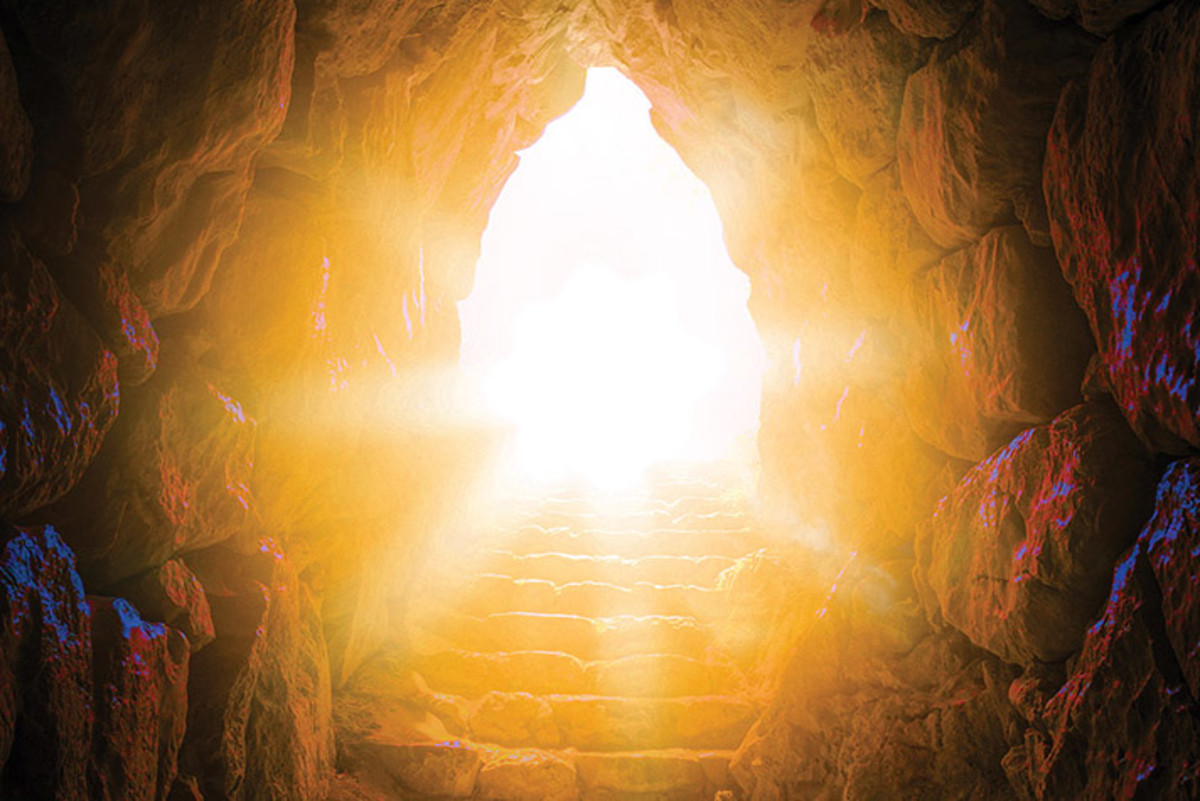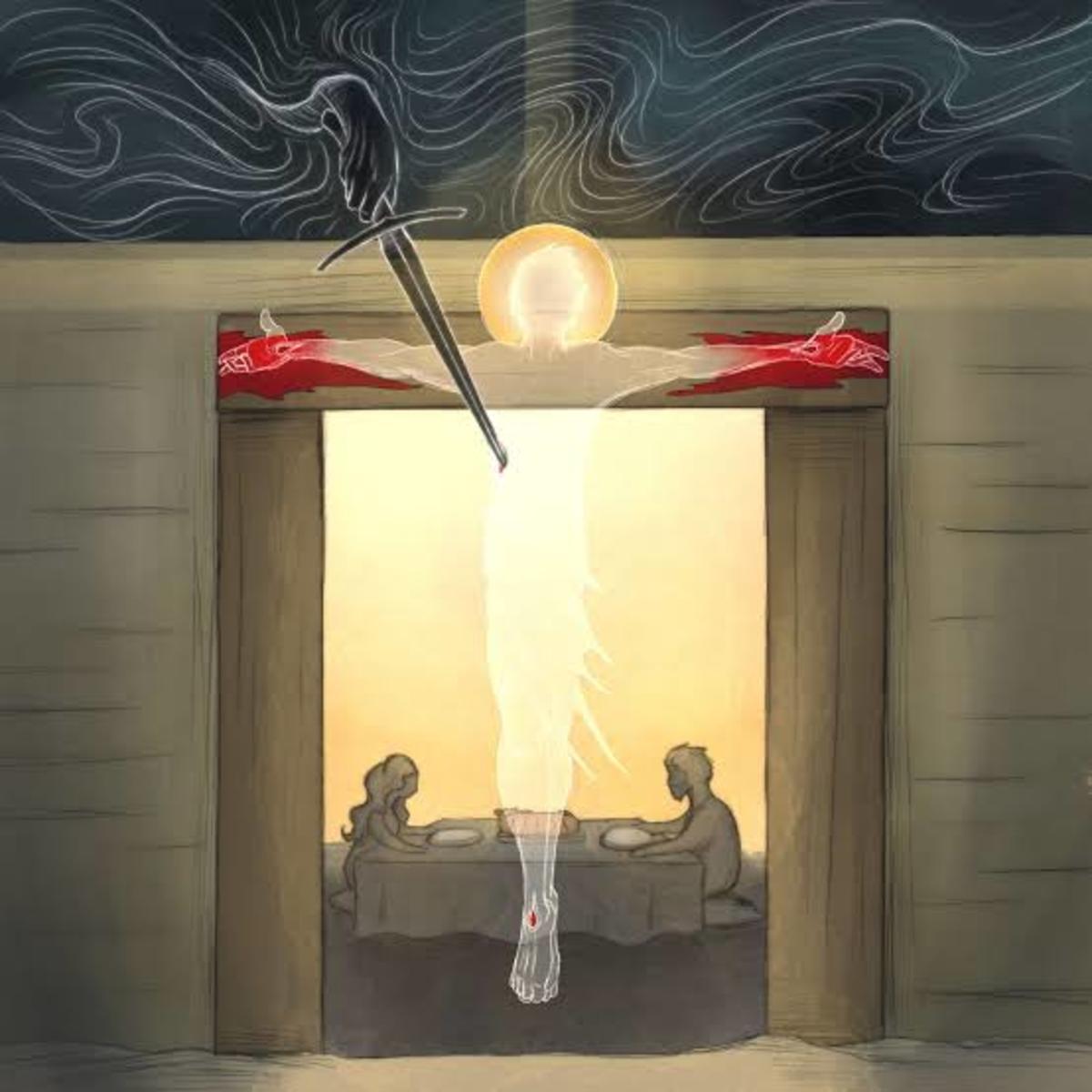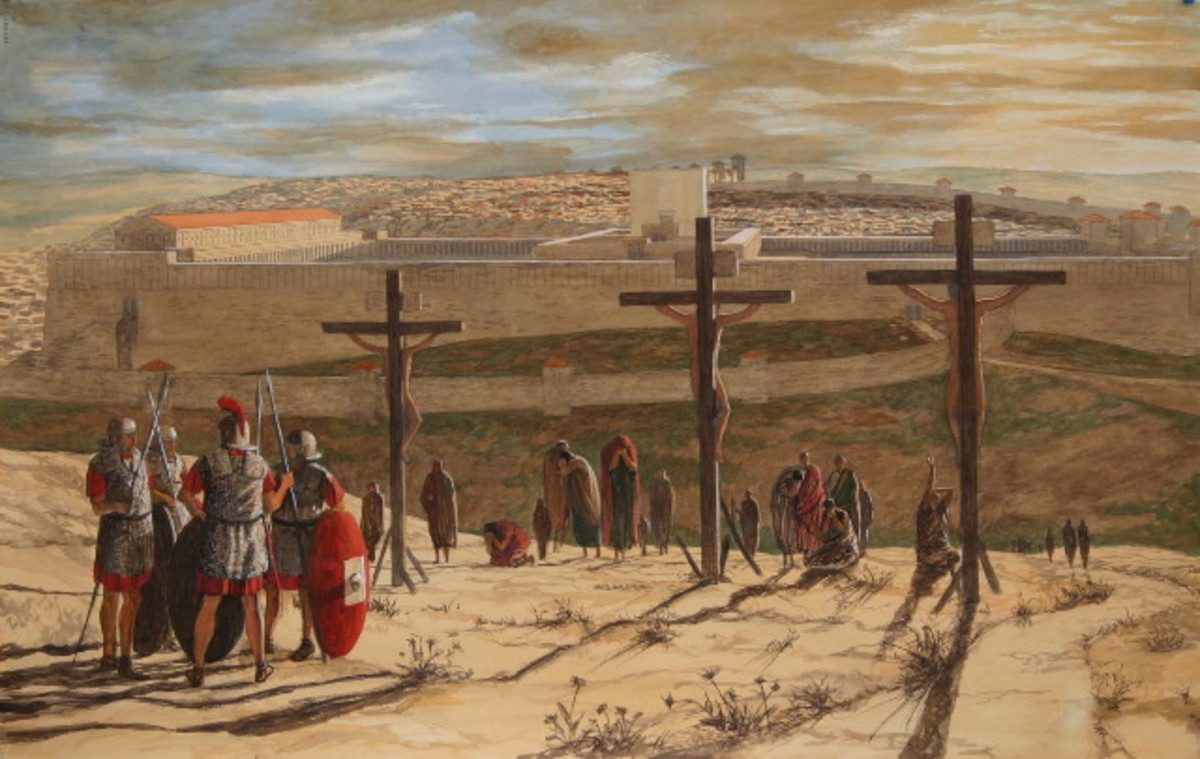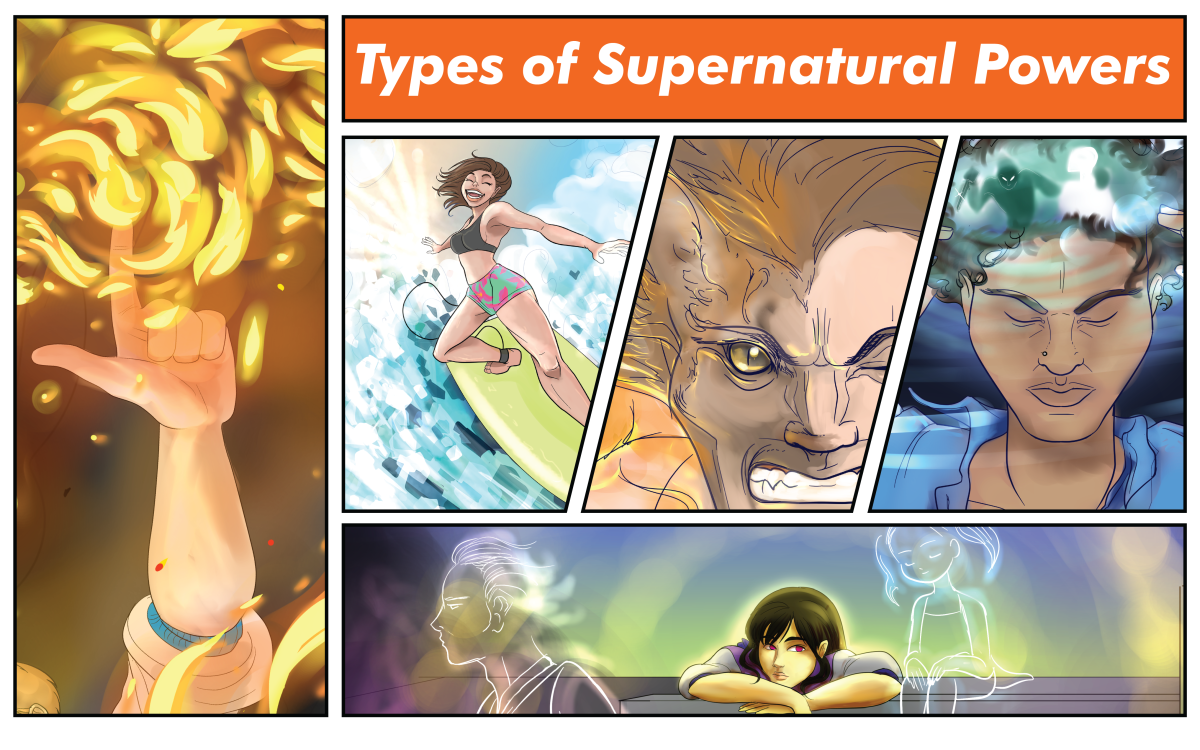Resurrection of the righteous and unrighteous
Resurrection for whom?

One is declared righteous by faith, but faith must be backed up by appropriate works.
The resurrection of the "unrighteous" does not mean that everyone will be resurrected. In fact scriptures show that those who stubbornly refuse to receive the good news will be destroyed forever.
2 Thes. 1:9.
The "unrighteous" mentioned are those who did not get a chance to be informed and to make a choice based on being informed.
HELL
Suffering Job prayed to go there; Job 14:13
O that in She'ol you would conceal me, that you would keep me secret until your anger turns back,
that you would set a time for me and remember me. It should be noted that "hell" as in the King James version of the Bible was translated from the Hebrew She'ohl or She'ol.
She'ol / hell is a place of inactivity.
For in death there is no mention of you, in She'ol who will laud you? Psalm 6:5.
All that your hand finds to do, do with your very power for there is no work nor devising nor knowledge nor wisdom in She'ol, the place to which you are going. So says Ecclesiastes 9:10.
For it is not She'ol that can laud you, death itself cannot praise you. Those going down into the pit cannot look hopefully to your trueness. The living, the living, he is the one that can laud you. Just as I can this day. The father himself can give knowledge to his own sons concerning your trueness. Isaiah 38: 18, 19.
Jesus was raised from grave, hell.
..... because you will not leave my soul in Ha'des, neither will you allow your loyal one to see corruption. ....... he saw beforehand and spoke concerning the resurrection of the Christ, that neither was he forsaken in Ha'des nor did his flesh see corruption. This Jesus God resurrected, of which fact we are all witnesses. Acts 2: 27, 31, 32.
For you will not leave my soul in She'ol. You will not allow your loyal one to see the pit. Psalm 16:10.
Special Note: Hai'des/ ha'des is Greek in contrast to the Hebrew She'ohl/ She'ol; Peter's quotation of Psalm 16:10 shows Hades is the equivalent of Sheol and is applied to the common grave of mankind (in contrast with the Greek word ta'phos, an individual grave).
Hell will deliver up other dead, be destroyed.
And the sea gave up those dead in it, and death and Hades gave up those dead in them, and they were judged individually according to their deeds. And death and Ha'des were hurled into the lake of fire. This means the second death, the lake of fire. Revelation 20: 13, 14.
Fire is a symbol of annihilation.
Cutting off in death symbolized by fire. ............ Mt 25:41, 46; 13:30
Unrepentant wicked destroyed forever as by fire. ........ Heb 10:26, 27
Satan's fiery "torment" is everlasting death. ........Re 20:10, 14, 15.
Rich man and Lazarus account no proof of eternal torment
Fire no more literal than Abraham's bosom. .............. Lu 16:22-24
Abraham's favour also contrasted with darkness. .........Mt 8:11, 12
Babylons's annihilation called a fiery torment. .........Re 18:8-10, 21.
"Gehenna"--- Symbol of Complete Destruction
"Gehenna"means "valley of Hinnom" for it is the Greek form of the Hebrew geh hin-nom'. In Joshua 18:16, where "valley of Hinnom" occurs, the Greek Septuagint reads "Gehenna." It occurs 12 times in the Christian Greek Scriptures, first appearing in Mt 5:22. .......................; whereas whoever says, 'You despicable fool!' will be liable to the fiery Ge-hen'na.
The valley of Hinnon became the dumping place and incinerator for the filth of Jerusalem. Bodies of dead animals were thrown to be consumed in the fires to which sulphur, or brimstone, was added to assist the burning. Also bodies of executed criminals, who were considered undeserving of a decent burial in a memorial tomb, were thrown in. If such dead bodies landed in the fire they were consumed, but if their carcasses landed upon a ledge of the deep ravine their putrefying flesh became infested with worms, or maggots, which did not die until they consumed the fleshy parts, leaving only the skeletons.
No living animals or human creatures were pitched into Gehenna to be burned alive or tormented. Hence, the place could never symbolize an invisible region where human souls are tormented eternally in literal fire or attacked by undying worms. Because the dead criminals cast there were denied a decent burial in a memorial tomb, the symbol of the the hope of a resurrection, Gehenna was used by Jesus and his disciples to symbolize everlasting destruction, annhilation from God's universe, or "second death," an eternal punishment.








